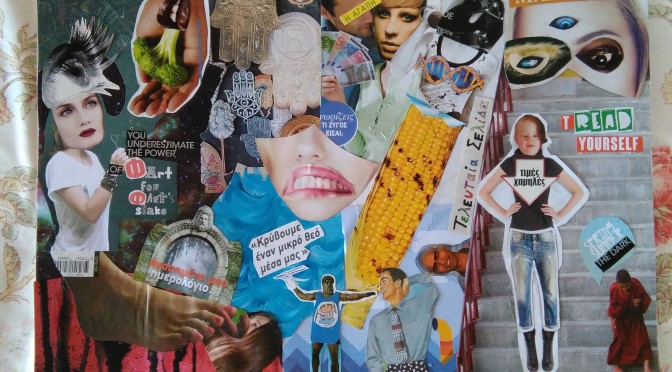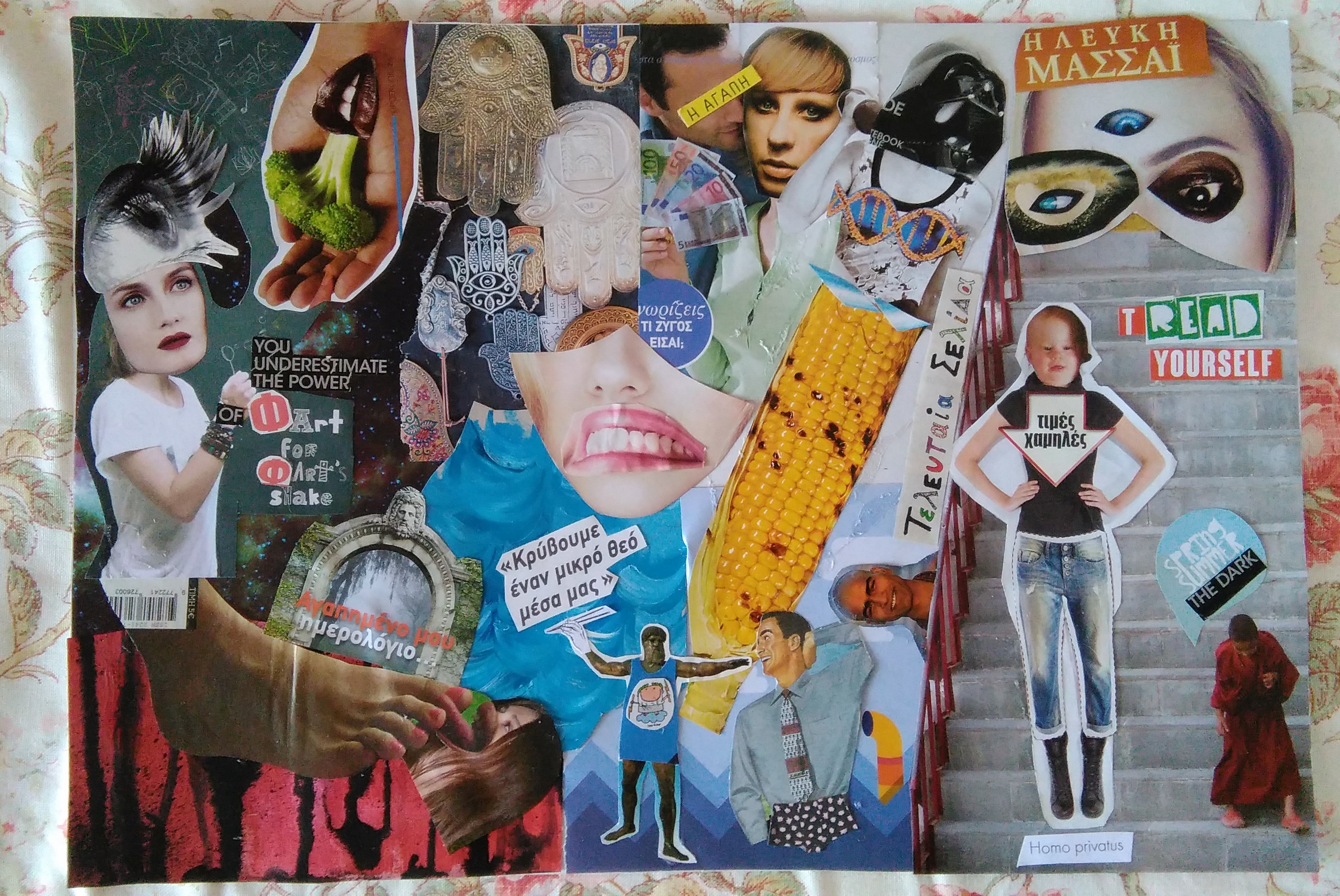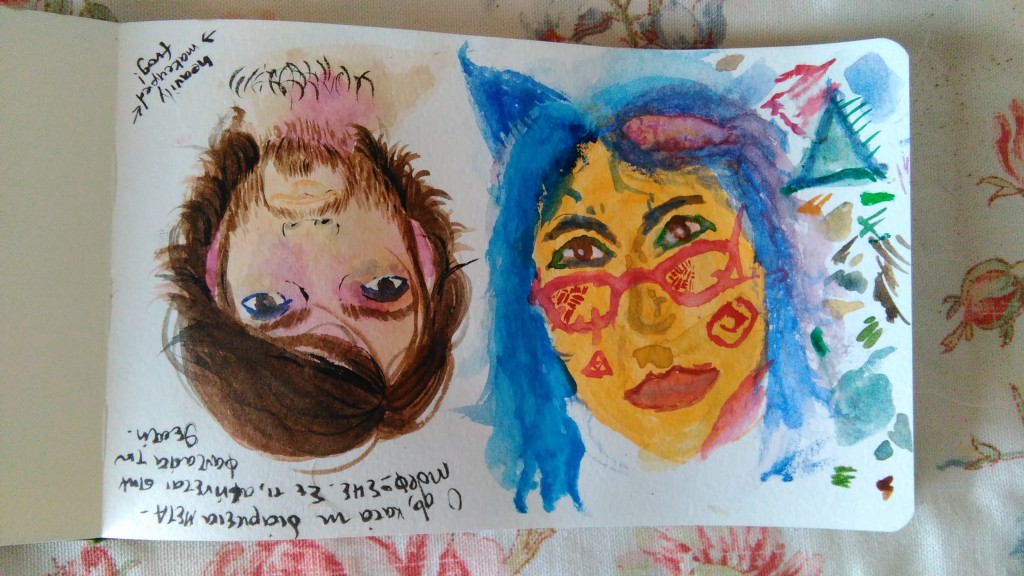A couple of weeks ago I wrote a little something about doing a short media fast. Here is my experience and my short conclusion:
- You don’t automatically have more motivation when you have more free time, but when you get rolling you’re more likely to keep working and keep creating.
- The longer you’re away from the internet the less you miss it. Doing my half-hour per day wasn’t as inviting as I thought it would be.
- My guess is that that is so because when you have a time limit, you have to prioritize. And prioritizing probably means excluding. It feels safer and easier to just avoid things rather than being forced to make decisions like including/excluding.
- Cooking counts as creating. Oooh yes.
- Media including movies is a bitch.
- Next time we should probably do no books and see what happens. Julia Cameron had something to say about that, didn’t she? In The Artist’s Way, the theme for one of the weeks was not read a single text for a week. Again, back then there was no net.
- This thingie below would have never existed if we hadn’t sat down with Daphne and said “okay, let’s make a collage”.
And this would have never existed if we hadn’t said “okay, what should we do now? Let’s paint!” — “OK, what?” — “eachother!”
But motivation is still a limited resource that can be separated into qualitative levels: you can have good motivation, bad (negative?) motivation, pure motivation and unstoppable motivation. All the lack of distraction does is bring forward the standard kind of motivation that under ordinary circumstances simply isn’t strong enough to become a greater priority than habit and addiction (media/internet). I suppose the kind of motivation we’re after is the one that needs no media fasts to rear its elusive head; it just trumps anything and everything!
But then again, you have people like Frank Herbert who just wrote— motivation, inspiration, or no… How about it, qb?






